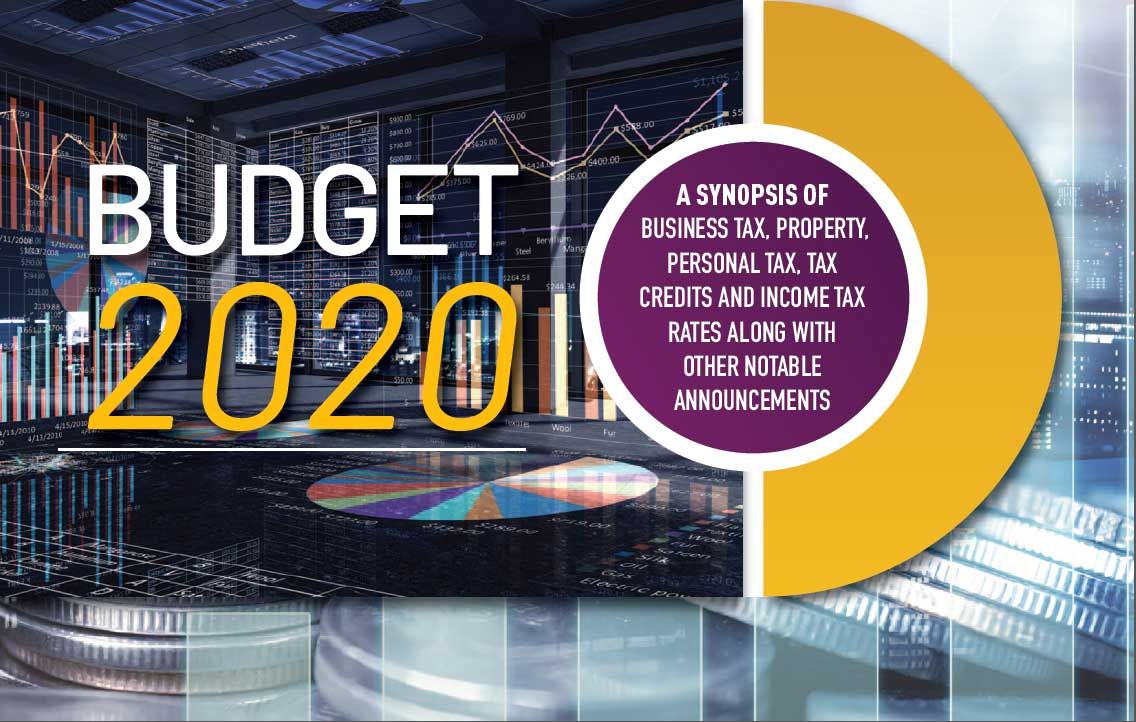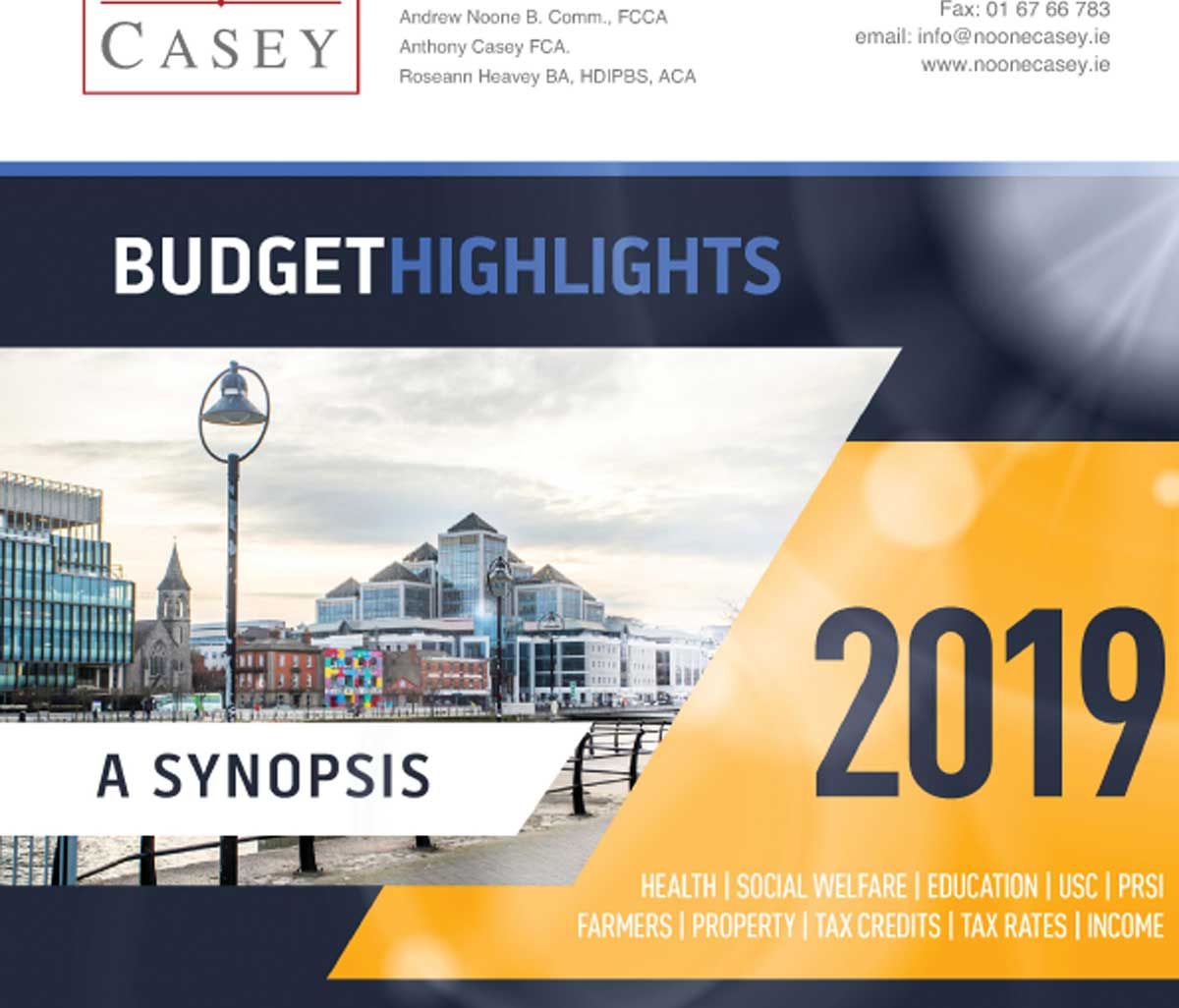Contracts of employment
WHY DO I, AS AN EMPLOYER,
NEED TO PROVIDE A CONTRACT OF EMPLOYMENT?
The contract of employment in Irish employment legislation is probably one of the most valuable documents available to the employer and the employee alike.
While there is no legal obligation on an employer to provide a contract of employment, there is an obligation on the employer to give an employee a written statement of certain terms of employment within 2 months of starting work.
A well written contract of employment will cover all aspects of the employment relationship and in doing so, will help eliminate the friction which can occur when problems are not dealt with.
Outside of the required document outlining the terms of employment, it is recommended to include the following items in an employment contract:
- a probationary period;
- retirement;
- provision for lay-off and short time;
- a flexibility clause;
- confidentiality clause;
- health and safety;
- disciplinary and grievance clauses;
- changes to conditions of employment.

















